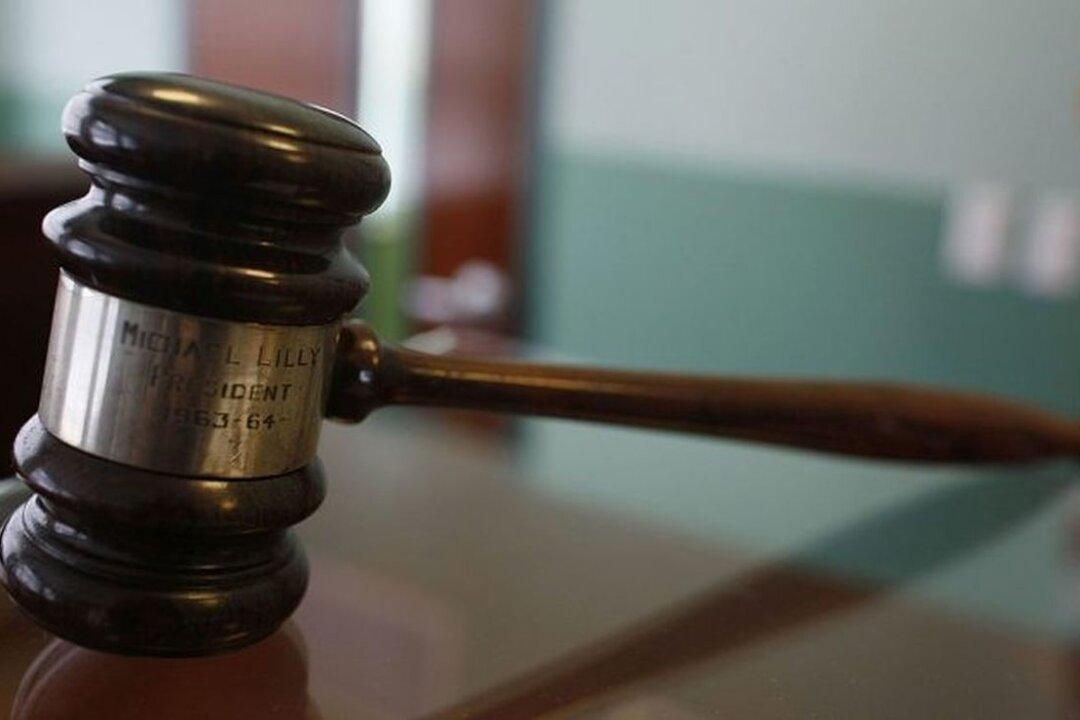A second appeals court has lifted an injunction blocking the Trump administration from implementing its immigration rule relating to “public charges,” mirroring an order in the 9th Circuit Court several days earlier.
“Public charge” refers to an individual who is likely to become primarily dependent on the government for subsistence, by receiving assistance such as food stamps or Medicaid.




